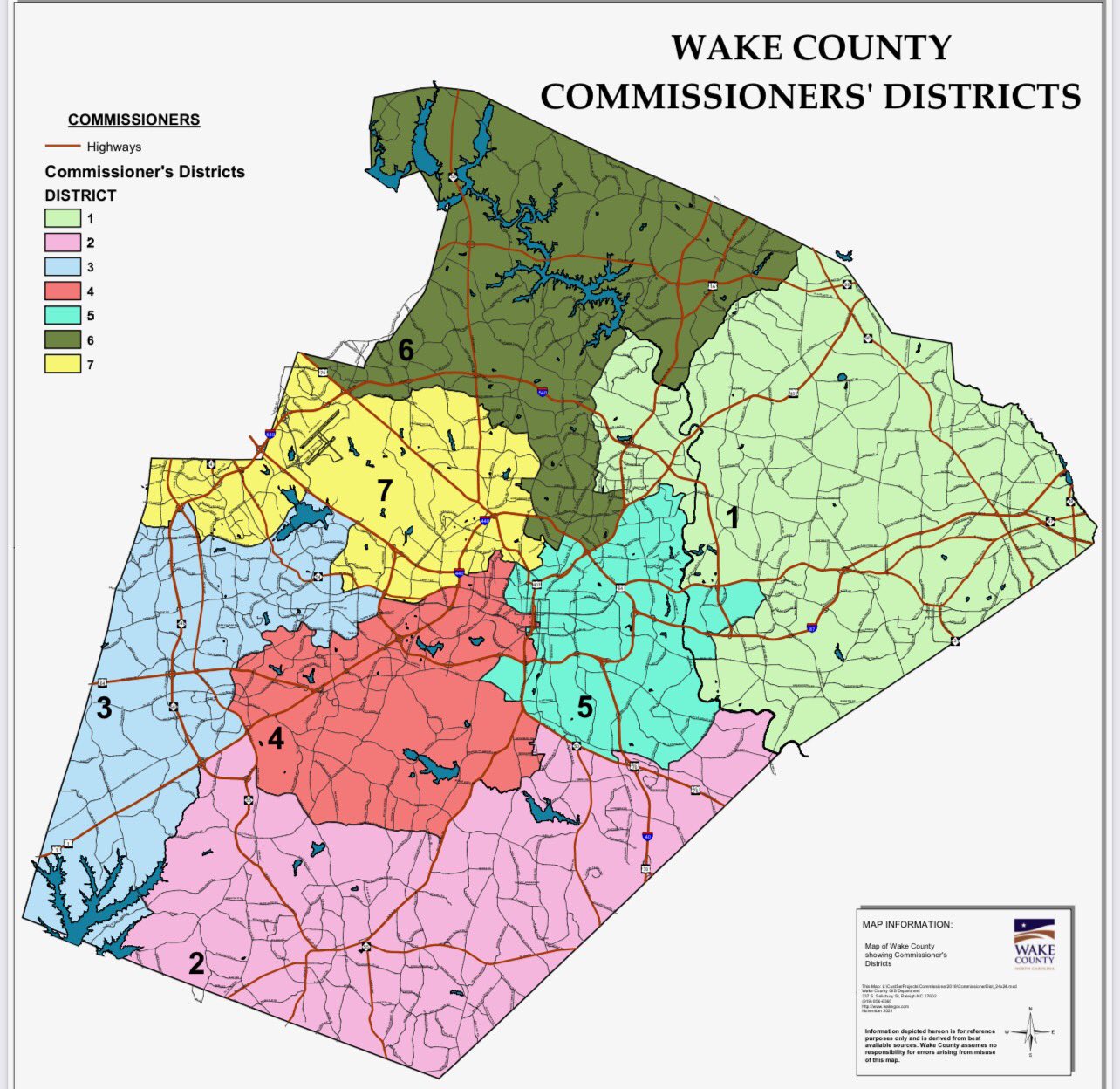On Monday, all seven Democratic Wake County Commissioners expressed their full support for a compromise version of House Bill 99, a bill filed by Rep. Erin Paré, R-Wake.
The bill would change the election process to make Wake County Commissioners elected by their districts rather than At-Large, as it currently stands. Democrats in Wake County, including the Wake County Commissioners, previously opposed the bill.
“Bringing more local representation to the Wake Board of Commissioners has been important to me and to my constituents for a long time,” said Paré. “I am very pleased that the Wake County Commissioners came to the table and agreed to district based representation. This is the right thing to do for the people.”
Currently, all Wake County voters can vote in all Wake County Commissioner races in all districts, not just the district where they live. Paré has argued that this has resulted in significant underrepresentation of voters in suburban and rural areas of Wake County on the board of commissioners.

Previously, Paré’s bill would have made the races nonpartisan. However, this component was negotiated out of the deal. Under the new deal, Wake County Commissioner races would still be partisan.
The bill also includes the addition of two new “at-large” seats on the Board, bringing the number of Wake County Commissioners to nine.
The new compromise will make Wake County’s election process consistent with Mecklenburg, Guilford, Forsyth, and Cumberland counties, according to Paré.
In summary, this bill will:
- Make the Wake County Board of Commissioners elected by district, changing the current At-Large model
- Keep the Wake County Board of Commissioner elections partisan
- Add two At-Large seats for a total of nine
“Wake County is home to 1.2 million residents and is larger in population than eight states,” said Paré. “We all know that elected officials are accountable to the people that elect them to office. When 55% of the electorate resides in Raleigh and Cary, the more rural communities in Wake do not have the accountability they deserve in their elected officials, and that’s wrong. I appreciate the give and take this compromise required and look forward to effective representation for the Wake County towns and nonincorporated areas going forward.”